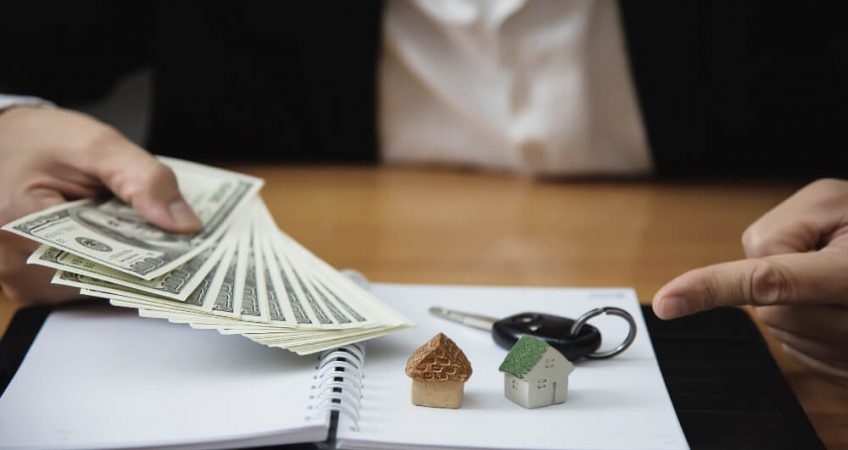
The Husband Arbitrarily Sells The Common Property Of The Husband And Wife, Can The Wife Reclaim It?
The common property of husband and wife in the marriage period is adjusted by the Law on Marriage and Family 2014. In principle, the husband and wife have equal rights and obligations in the creation, possession, use, and disposition of their common property. So, can the husband arbitrarily sell the common property? In case the husband arbitrarily sells the common property of the husband and wife, can the wife reclaim it?
1. What is the common property of husband and wife?
Pursuant to Clause 1, Article 33 of the Law on Marriage and Family 2014; Article 9, Article 10 of Decree 126/2014/ND-CP, the common property of husband and wife is specifically determined as follows:
- Common property of husband and wife includes property created by a spouse, incomes generated from their work, production and business activities;
- Yields and profits arising from separate property and other lawful incomes in the marriage period, including:
- Bonuses, lottery prizes and allowances;
- Property a spouse has the right to establish ownership for objects which are ownerless, buried, hidden, sunk, dropped on the ground or left over out of inadvertence, stray cattle or poultry and raised aquatic animals;
- Other lawful incomes as prescribed by law.
- Property jointly inherited by or given to both, and other property agreed upon by husband and wife as common property;
- The land use rights obtained by a spouse after marriage;
- A property without grounds to prove that it is the private property of each party;
- Separate property is agreed by husband and wife to enter into the common property.
2. The possession, use and disposition of the common property
Article 29.1 of the Law on Marriage and Family 2014 stipulates the general principles of the matrimonial property regime: “Husband and wife have equal rights and obligations in the creation, possession, use, and disposition of their common property without discrimination between housework labour and income-generating labour”.
The possession, use, and disposition of common property shall be agreed by husband and wife are specified in Article 35 of the Law on Marriage and Family 2014, specifically as follows:
- The possession, use, and disposition of common property shall be agreed by husband and wife.
- The disposition of the following common property shall be agreed in writing by husband and wife in the following cases:
- Real estate;
- Movable assets which are required by law to be registered for ownership;
- Assets which are the major income-generating source for the family.
3. The husband arbitrarily sells the common property of the husband and wife, can the wife reclaim it?
Article 13 of Decree 126/2014/ND-CP guiding the Law on Marriage and Family 2014 also stipulates the possession, use and disposition of common property of husband and wife as follows:
“1. The possession, use and disposition of common property shall be agreed by husband and wife. In case a spouse establishes and makes transactions related to common property to meet the family’s essential needs, such shall be regarded as having been agreed by the other spouse, except the case prescribed in Clause 2, Article 35 of the Law on Marriage and Family.
2. When a spouse disposes of common property in violation of Clause 2, Article 35 of the Law on Marriage and Family, the other spouse may request a court to declare such transaction invalid and settle legal consequences of the invalid transaction”.
Thus, in case the husband arbitrarily sells the common property without agreement with the wife and also does not aim to meet the family’s essential needs, the wife can request the return of this property. And in case the husband arbitrarily sells the property under Point c, Clause 2, Article 35 of the Law on Marriage and Family 2014, the wife can request the Court to declare an invalid civil transaction and take back the property according to the provisions of Article 131 of the Civil Code 2015:
“Article 131. Legal consequences of invalid civil transactions
1. An invalid civil transaction shall not give rise to, change or terminate any civil rights and obligations of the parties as from the time the transaction is entered into.
2. When a civil transaction is invalid, the parties shall restore everything to its original state and shall return to each other what they have received.
If the restitution is not able to make in kind, it may paid in money”.
Above is the necessary information about the possession, use and disposition of common property of husband and wife. In case, need detailed or other information in related fields, readers can contact Lac Duy & Associates for timely advice and support. Best regards.


